Roundtable: Mentoring Aspiring Principals
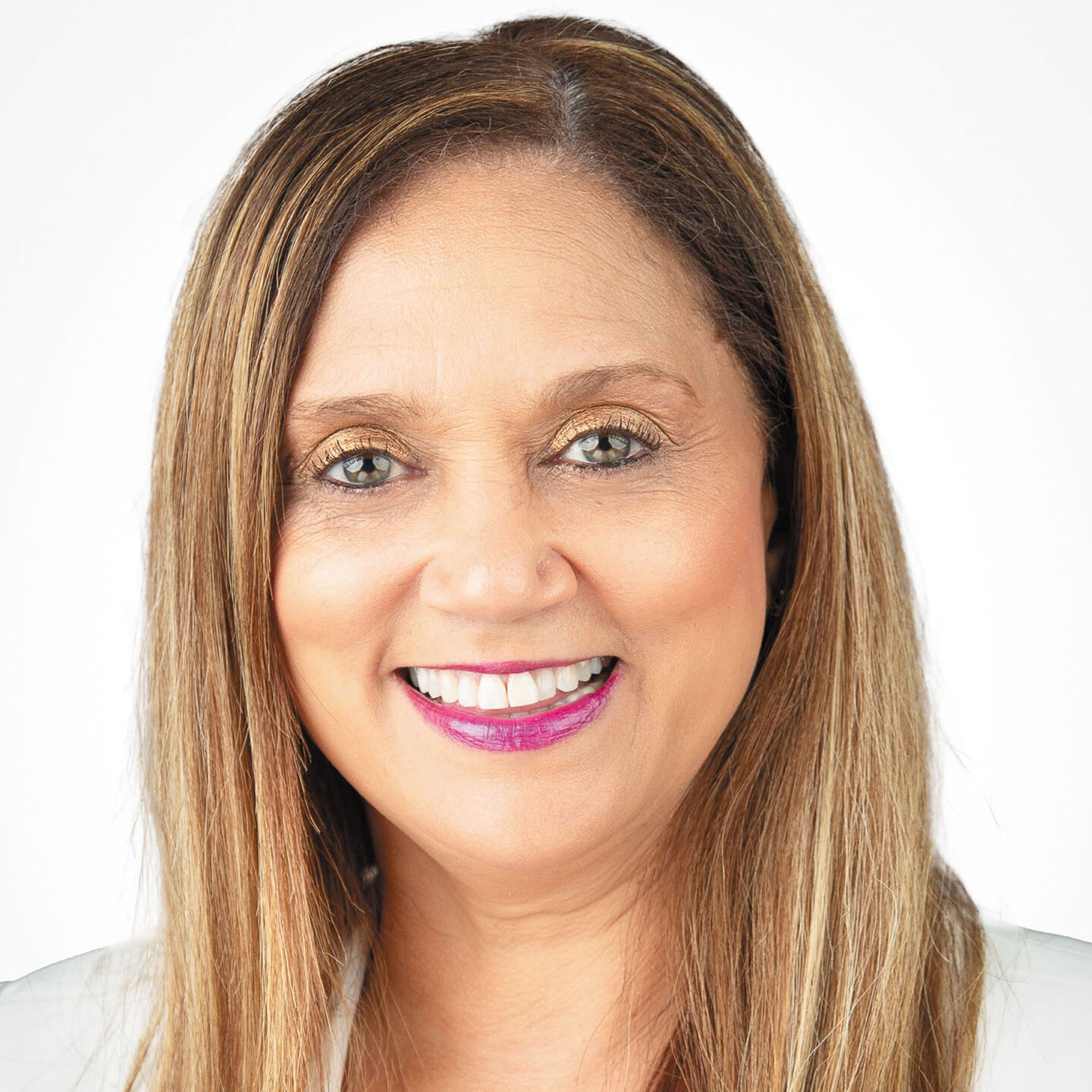
Principal, Lafayette Middle
School
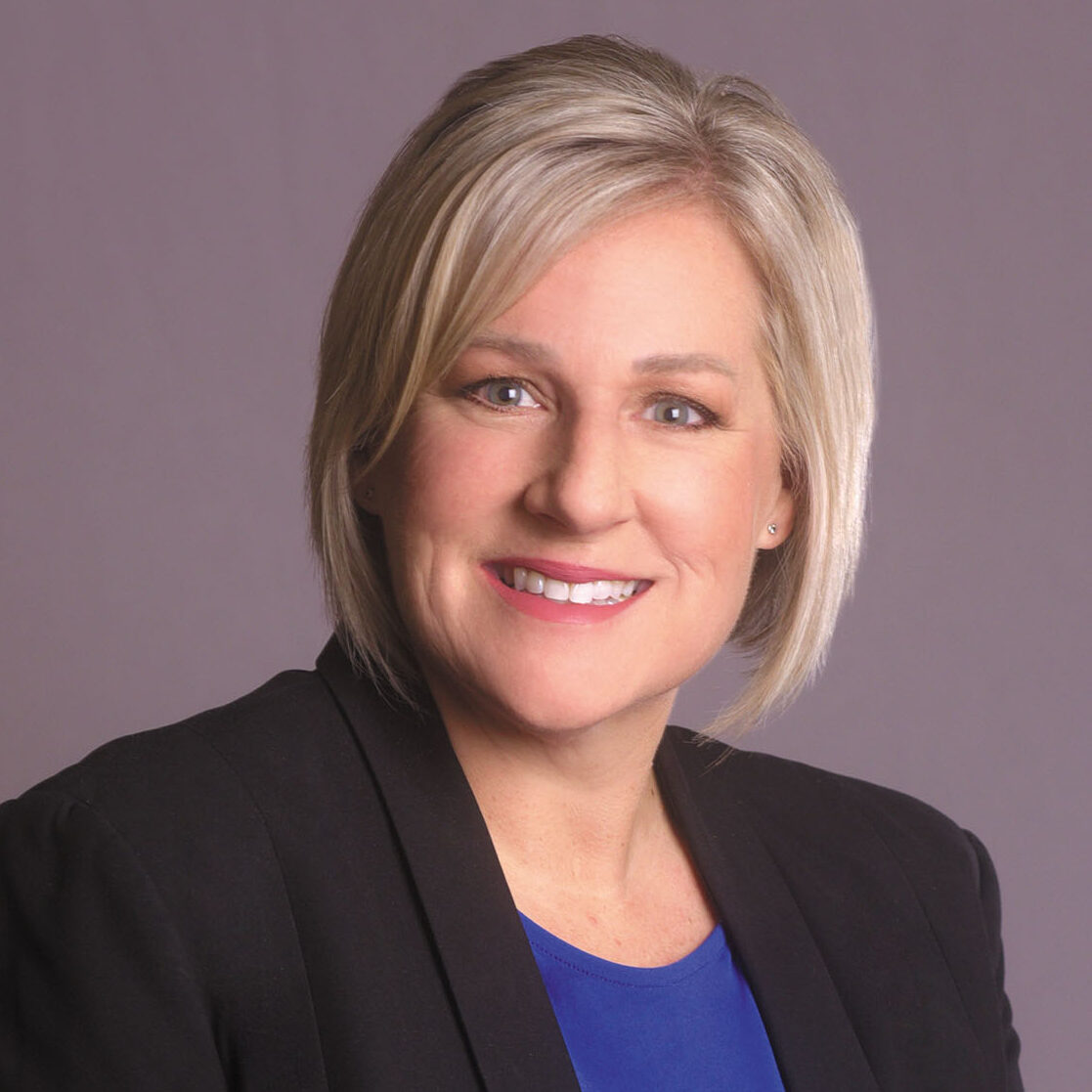
Principal, Kokomo High School
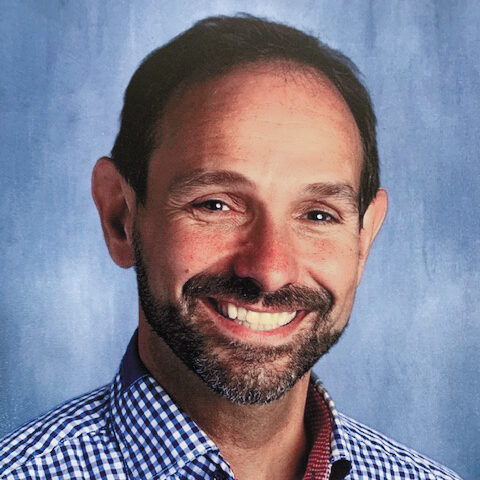
Co-Principal, Winooski Middle and High School
Besides running their buildings, supporting students and staff, and serving their communities, principals also spend time mentoring assistant principals and encouraging talented teachers to pursue school leadership. To learn how principals approach their role as mentors and what early career support they received, Principal Leadership contacted Jean Berthiaume, co-principal of Winooski Middle and High School in Winooski, VT, and the 2024 Vermont Principal of the Year; Angela Blessing, the principal of Kokomo High School in Kokomo, IN, and the 2024 Indiana Principal of the Year; and Tia Trahan, the principal of Lafayette Middle School in Lafayette, LA, and the 2024 Louisiana Principal of the Year.
Principal Leadership: What type of mentoring and support did you receive as a new principal?
Trahan: Before I became a principal 12 years ago, I received a fellowship from the state of Louisiana and university partners to spend six months with a principal mentor at one school and then another six months with a principal at another school. A grant of $100,000 was provided to my district to allow me to have that yearlong experience with a principal in real time. It was sponsored by the Wallace Foundation. Today our district offers something on a much smaller scale, with a leadership academy for teachers aspiring to become leaders in schools. Once I became a principal, my district did offer mentorships through principal PLCs. We also now have a direct supervisor (or chief) for each level: elementary, middle, and high school. So that means there’s now a chief of middle schools who we can call on for support.

Blessing: I have been a principal for 21 years. When I became an assistant principal, I had just started a principal licensure program through Butler University. It’s an experiential program for preparing school principals and so our entire two years was on-the-job training. I was fortunate to be hired as an assistant principal of a really large elementary school of about 850 students. I had an amazing principal who mentored me through that program. There are a lot of alumni in Butler’s program and so we were paired up with mentors throughout. I was hired right out of that program to be a middle school principal of a tiny rural district and I didn’t have any formal mentorship. But I did have an amazing superintendent who mentored me on a weekly basis, and he is really the reason why I’m still in the principalship.
Berthiaume: When I stepped into this role, there wasn’t much in the way of mentoring. I was lifted out of the classroom to become an administrator, because our principal was leaving in May, and it was not enough time for a full hiring process. That year, my mentor became another administrator in the building. So, we made it happen, and it went well. The second year, I became my own building administrator, and I was supported through the Vermont Principals’ Association (VPA) with a mentor from the state. These mentors are a combination of retired and current principals. I worked with a strong retired principal, and that really helped me a lot.
Principal Leadership: Is there any kind of support or preparation you didn’t have but wish you did?
Trahan: I had a similar experience to Angela in being able to be in the room with principals as they engaged in the day-to-day actions of running a school. I learned a lot because I was directly exposed to it, and I was able to go from the managerial aspects of the principalship to looking at instructional practices, and all aspects of being a principal. I’ve been in my current district for 22 years. Our district is really good at taking care of new administrators and not making them feel like they’re
on their own.
We also need to bust the myth that those who can’t teach become administrators. I can guarantee that all three of us were seen as exceptional teachers. We now just use our gifts differently. —Jean Berthiaume
Blessing: I wish that I had been around more principals when I was a new administrator running my own building. Since it was a small district, there were only four administrators total: an elementary, middle, and high school principal and the superintendent. Though my superintendent was great, I wish that there was more of a network for principals to get professional development and to be mentored by each other and have a support system. Being so rural, it was really lonely. The principalship is lonely anyways, but part of the reason I moved to the urban area is because there are just more people. As a new administrator, it’s hard to be on an island by yourself. So, I do wish there had been something for new administrators like me back when I started 20 years ago.
Berthiaume: A lot of times new principals have the most experience in being instructional leaders in their schools or strong classroom teachers. New principals could benefit from mentoring in management, school safety, and HR issues.
Principal Leadership: Do you provide any kind of mentoring to principal colleagues who are new to the role?
Trahan: No one assigns a mentor, but I do support new principals in our district. I reach out to them and serve as a mentor and listen when they just need to talk through something. Jean mentioned principals’ management responsibilities. Once you step into that seat, you’re given that budget, and you have to know what to do with it.
That was something that no one really sat down with me to explain, so I explain that to new principals. I also help them with creating a master schedule. I also make sure my assistant principals know as much as I do about running a school, about the day-to-day operations, because in my own experience, you learn a lot when you do a lot. Most of the time, assistant principals are only handling duty discipline, right? So, we really have to cover all other aspects of the principalship with them, so when they start running their own school, they’re adequately prepared.
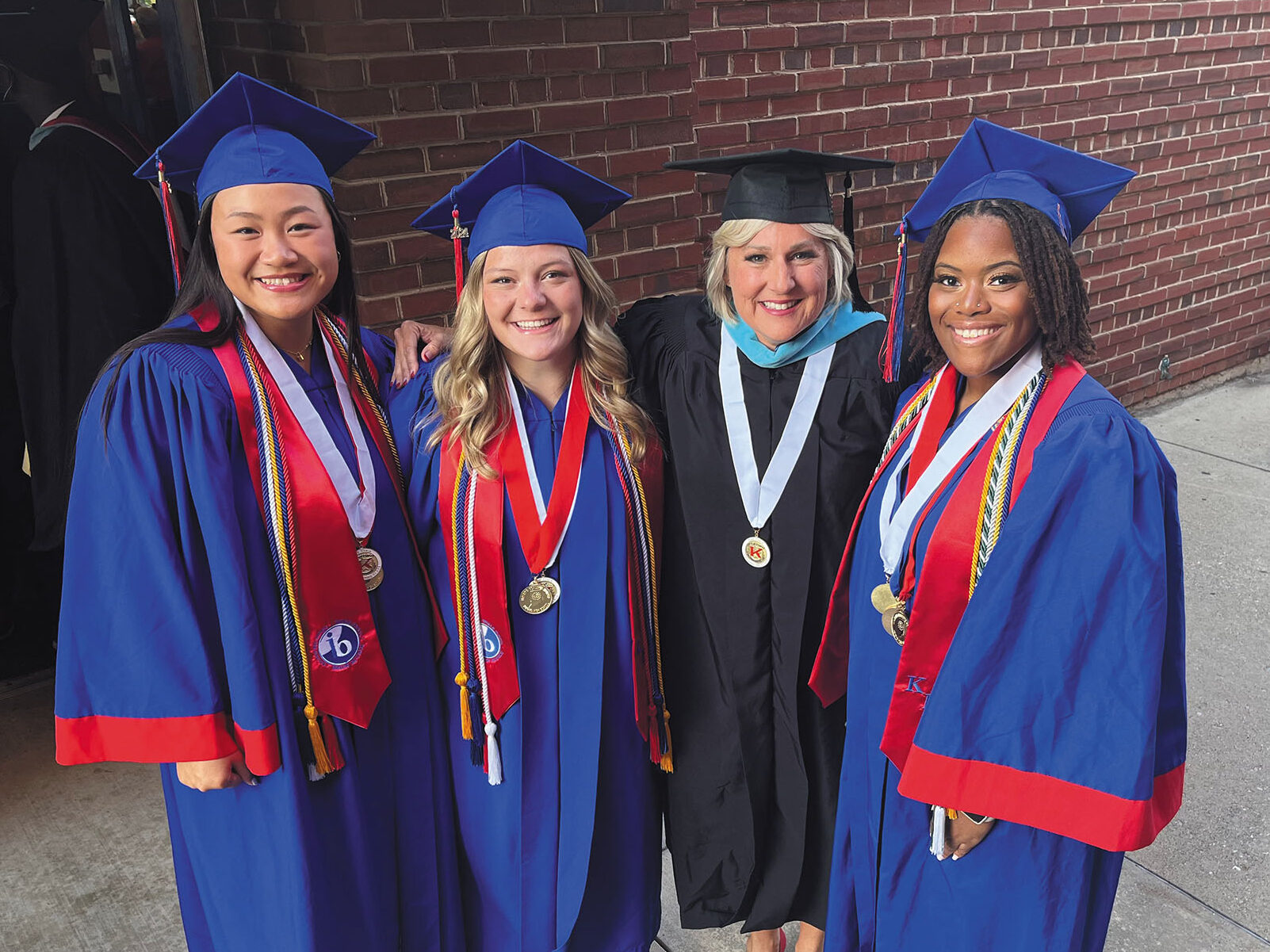
Blessing: I do not officially have anyone assigned to me that I’m supposed to mentor. But I have hired all of my own assistant principals; we have seven. This year, I have a brand-new assistant principal who literally just came out of the classroom. For my APs, I do my own training. I meet with them at least every two weeks. Like Tia said, no principal program I’ve been through really trains people on how to do a budget and what you’re responsible for. Especially at the high school level. But I spend about 75% of my day working with assistant principals. I evaluate all of them. I don’t evaluate teachers. I evaluate, mentor, and train my assistant principals in instructional walk-throughs and evaluation in discipline and how to work with parents, and how to lead their own professional development. We are split up into academies, so my principals do all of their own professional development as well as evaluation. I’m proud of the fact that over the years, I’ve had assistant principals move onto the principalship and run their own buildings.
Once you step into that seat, you’re given that budget, and you have to know what to do with it. That was something that no one really sat down with me to explain, so I explain that to new principals. —Tia Trahan
Berthiaume: We are fortunate to have a good team right now. I’m in a co-principalship, and I share an office with my co-principal. She oversees the middle school, and I lead the high school. We support and learn from each other. I mentor principals through the VPA, and I’ve also taken the initiative to start organizing monthly meetings with high school principals and directors in northern Vermont. We build in time to study problems of practice and discuss challenges principals face.
Principal Leadership: Do any of your teachers discuss their career paths with you and are they interested in becoming principals?
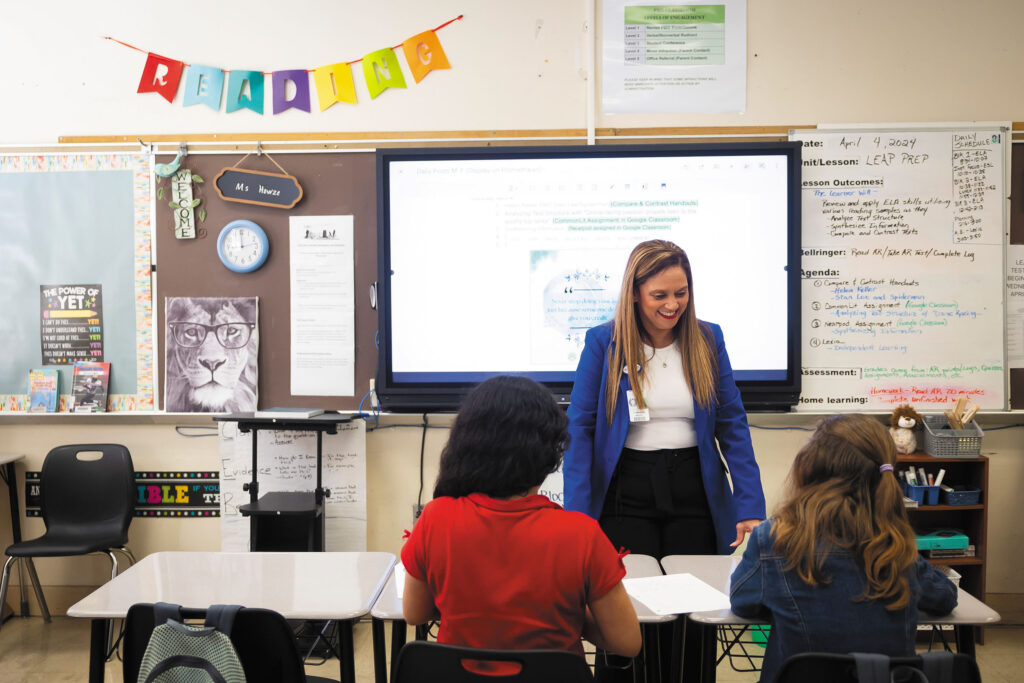
Trahan: Several of them have shared their paths with me, and I’ve helped them because someone knocked on my classroom door and saw leadership ability in me when I was happy just leading my own little first graders many years ago. We know with the teacher shortage, if we’re developing and growing our own and nurturing their passion to become an administrator, then we’re not going to have administrators, because the shortage of teachers leads to a shortage of school leaders. We need to make sure we give teachers leadership opportunities and engage in those conversations about leadership and see the potential that is there.
Blessing: Just like there’s a teacher shortage, I feel like there’s a huge administrator shortage. When I started 21 years ago in administration, a lot of teachers wanted to be administrators. I don’t see that anymore. I really have to go and search people out to ask them to think about administration, and frankly, most of my teachers have turned me down. They don’t want the stress or the responsibility. They see the workload. So, I’ve had to work really hard to encourage teachers to look at administration. In our school, with 1,800 students, I only have one teacher right now who is going through an administrative program. She recently told me she’s not sure if she wants to pursue administration. I think the Principal of the Year program is a great way to showcase why we love what we do. I couldn’t imagine doing anything else, and I feel like maybe that message hasn’t gotten out there so much, because we do seem to have a shortage of teachers who want to go into administration.
Berthiaume: All three of us love our jobs. Principals in general don’t do a great job of celebrating how great of a job it is. So, sometimes people draw the wrong conclusions about the profession. As far as encouraging teachers at my school to pursue administration, I am constantly in conversation with them around goal setting and figuring out where they want to go from here. I’m mentoring one of my former teachers, a math teacher who’s become a principal of a middle school in Central Vermont. Our state does have The Rowland Foundation, a nonprofit organization that invests in Vermont’s teachers. I was one of the initial fellows of the foundation in 2009 when I wrote a proposal to change the climate and culture of my school. I received a $100,000 grant from the foundation to have a fully paid sabbatical and study the issue of culture and climate and improve our school. Investing in Vermont teachers is really about developing teacher leadership in your school. As a result, a certain percentage of teacher fellows have gone on to become administrators.
Principal Leadership: What’s the best piece of advice you can give to aspiring principals?
Berthiaume: I think finding an opportunity to shadow a principal, to kind of walk the walk where it’s appropriate. For teachers who are thinking about jumping into administration, it’s important for them to be with other principals or teacher leaders in their school. We also need to bust the myth that those who can’t teach become administrators. I can guarantee that all three of us were seen as exceptional teachers. We now just use our gifts differently.
Blessing: I wish that exceptional teachers would see how great they are and would want to take that to a bigger level. That is essentially why I became a principal. Because I knew I was a really good classroom teacher, and somebody told me I’d have more of an impact at the building level. We need to do a better job of telling our teachers that as principals they can impact far more kids. We need those great teachers who want to be amazing instructional leaders and share their talents with more people. Trahan: I would advise them to embrace their innate potential. As a principal, you’re able to impact more students and build the capacity of your colleagues. In this role, you’re not far removed from the kids. And you know the highlight of my day? Spending time with my students. I’m the first person to greet them on campus in the morning. You’re still able to build relationships beyond the walls of your classroom, and those lasting relationships can impact a broader range of kids. You can make those decisions that are going to directly impact the success of both adults and children in your building. People often say the principalship is a lonely position, but it doesn’t have to be. It’s really what you make of it.
I’m proud of the fact that over the years, I’ve had assistant principals move onto the principalship and run their own buildings. —Angela Blessing
Trahan: I would advise them to embrace their innate potential. As a principal, you’re able to impact more students and build the capacity of your colleagues. In this role, you’re not far removed from the kids. And you know the highlight of my day? Spending time with my students. I’m the first person to greet them on campus in the morning. You’re still able to build relationships beyond the walls of your classroom, and those lasting relationships can impact a broader range of kids. You can make those decisions that are going to directly impact the success of both adults and children in your building. People often say the principalship is a lonely position, but it doesn’t have to be. It’s really what you make of it.
